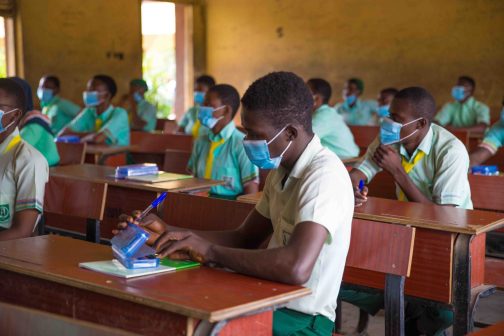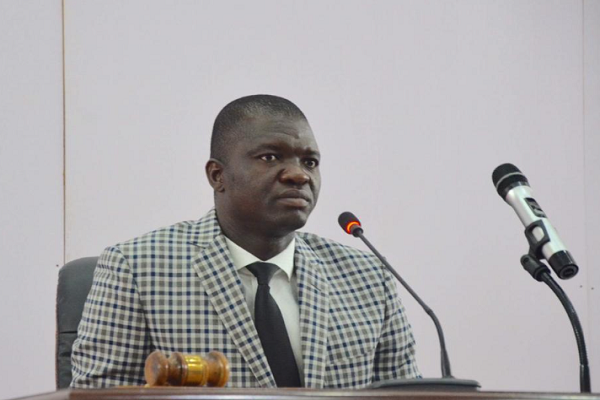West African Examinations Council (WAEC) says candidates for the November West African Senior School Certificate Examination (WASSCE) will have the option of choosing between Computer Based Tests (CBT) and Paper Based Tests.
Head of National Office, WAEC, Nigeria, Dr Amos Dangut, stated this in Ibadan on Wednesday while monitoring the ongoing WASSCE, along with some principal officers of the council.
He said that the examination body had successfully conducted the first edition of the computer-based West African Senior School Certificate Examination (WASSCE), also known as CB-WASSCE in January/February.
According to him, private candidates writing WASSCE in November will have the opportunity of choosing between CB-WASSCE and paper-based test.
“The examination, held in January and February, yielded better performance compared to the previous year, with a significant decrease in malpractices from five per cent to 0.8 per cent.
“We are now gearing up for the upcoming private candidates’ examination in October and November, offering candidates the choice between the traditional pen and paper and the computer-based method,” Dangut said.
He said that the initiative was aimed at expanding computer-based examination to rural areas.
“It’s part of our plans to eventually implement computer-based examinations for all schools, in collaboration with the Federal Government and other stakeholders.
“We are also working on providing necessary facilities and training for schools to facilitate this transition,’’ he said.
The WAEC boss said contrary to what skeptics were saying, the transition to CBT method was a success and had reduced malpractices rate significantly.
“In any case, the world is already moving technologically. We also, as part of the global community, must ensure that we move along.
“And we can only do that by equipping our schools, getting the candidates prepared to face what lies ahead of them,” Dangut said.
While expressing satisfaction with the monitoring of WASSCE in some schools in Ibadan, he commended the calm and confident demeanor of the candidates and the conducive examination environment.
“It is my goal to maintain high standards across all schools to ensure fair comparisons of performance,” he said.
Dangut said that he was pleased to see the use of metal detectors and CCTV in some schools, expressing the hope that such practices were widespread.
He stressed the need for adequate infrastructure, well-equipped examination halls and qualified teachers, all of which, he said, were crucial elements for the advancement of the country’s educational system.







